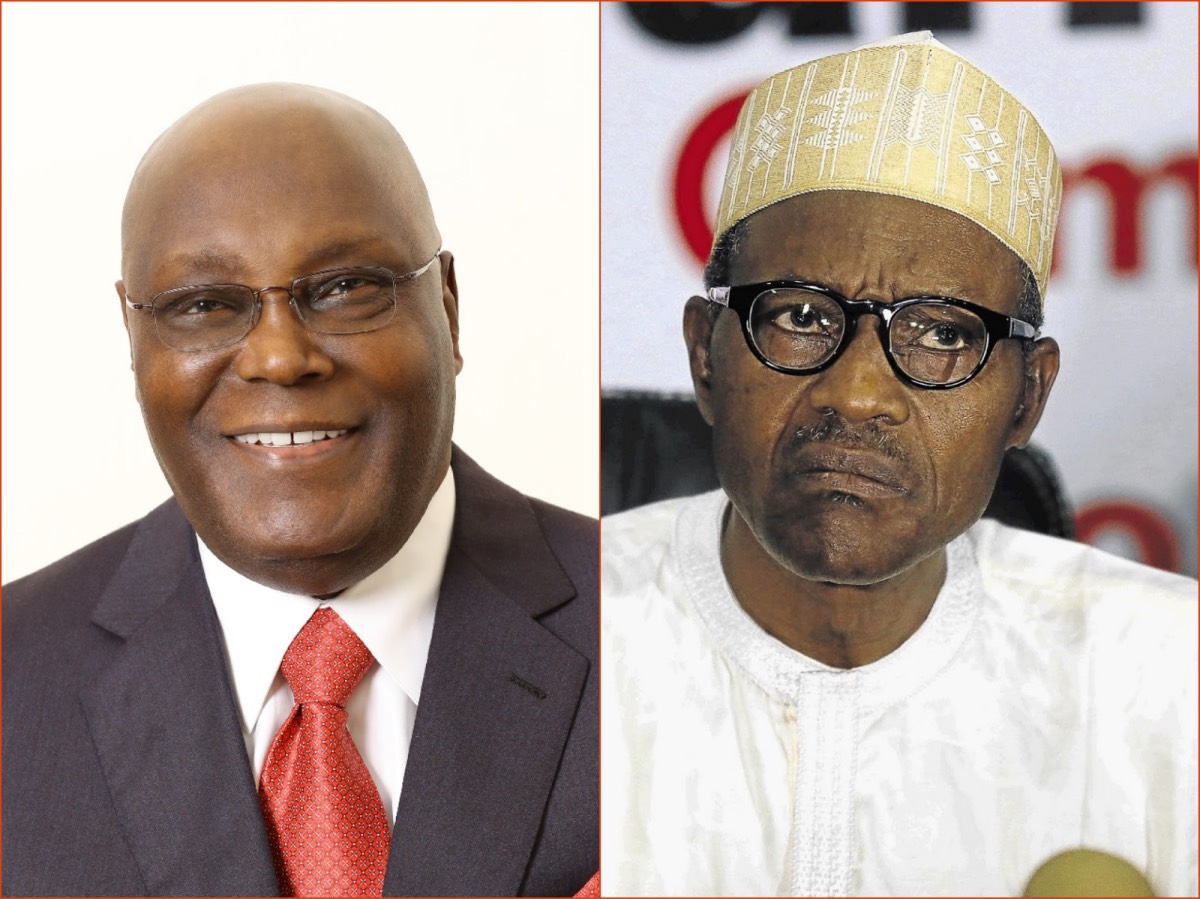[dropcap]T[/dropcap]anko Muhammad, the chief justice of Nigeria, CJN, was reported in the Vanguard newspaper of October 31, 2019, to have said as follows:
“We have examined all the briefs of argument and the exhibits for over two weeks and we have all agreed that there is no merit in this appeal. The appeal is hereby dismissed. Reasons to be given on a date to be announced.”
The important point to emphasise about the above-quoted statement by the CJN is that the decision dismissing the appeal as lacking merits was not taken at the sitting of the Supreme Court on 30 October, 2019; the decision had been taken during an examination of “all the briefs of argument and exhibits for over two weeks” before the sitting on 30th October, 2019.
The question arising is as to whom the word “WE” in the CJN’s statement refers. Can the “We” be a reference to the Supreme Court? Can the Supreme Court function as regards the hearing of the appeal before the seven man panel to hear the appeal was appointed and the names of the members announced to the public? When exactly was the appointment of members made?
The Vanguard newspaper report of October 31, 2019, contained the further statement to the effect that “the CJN announced a brief stand-down to reconstitute the panel.” This further statement introduces an element of mystery as to when the panel was appointed. It may be taken that the panel was appointed on the 30th of October when it was reconstituted according to the CJN.
The issues before us are governed by section 36 of the Constitution, which provides in subsection (1), as follows:
“In the determination of his civil rights and obligations, a person shall be entitled to a FAIR HEARING within a reasonable time by a court or other tribunal established by law and constituted in such manner as to secure its independence and impartiality.”
Is the “examination” referred to by the CJN in the statement quoted above “the fair hearing” required by section 36(i) of the Constitution. Fair hearing requires among other things that it must be done in the presence of the parties. The “examination” referred to in the CJN’s statement was certainly not done in the presence of the parties. The examination “of all the briefs of argument and the exhibits for over two weeks” before 30th October, as announced by the CJN, could not be the fair hearing required by section 36 of the Constitution. No “examination” of all the briefs of argument and exhibits as announced by the CJN in the statement quoted above can constitute a fair hearing required by section 36 of the Constitution in the absence of the parties.
Furthermore, not only is the hearing required to be conducted in the presence of the parties in order to be a fair hearing, section 36(3) requires it to be held in “public”. Section 36(3) is quite clear and unequivocal on this point. It says:
“The proceedings of a court or the proceedings of any tribunal relating to the matters mentioned in subsection (1) of this section (including the announcement of the decisions of the court or tribunal) shall be held in public.”
As the examination referred to in the statement by the CJN was not held in public, it is not the hearing required by section 36(3) of the Constitution. Secret hearings and trials are abhorrent to democracy. What happened in the Supreme Court on 30th October, 2019 is therefore a farce, not a valid hearing and determination of the appeal lodged by former Vice-President Atiku against the victory of President Buhari in the 2019 Presidential election as declared by INEC.
Finally, the decision of the Supreme Court dismissing the appeal for lacking merits is a law within the meaning of section 1 of the Constitution and, being inconsistent with section 36 of the Constitution, it is, by the self-executing declaration in section 1(3), null and void. Section 1(3) is a self executing declaration and does not require anything else to bring it into effect. In other words, the decision dismissing the appeal is null and void without further ado.
Whether or not the decision of the Supreme Court dismissing the appeal is a law within the meaning of section 1(3) of the Constitution, the Supreme Court is under and subject to Constitution as the “supreme law of the land binding on all authorities and persons throughout the Federal Republic of Nigeria”, including the Supreme Court.
Ben Nwabueze, a professor of law, is Nigeria’s first academic Senior Advocate of Nigeria. He is a retired teacher, administrator, businessman and a former minister of education and youth development.
The opinions expressed in this article are solely those of the author.







